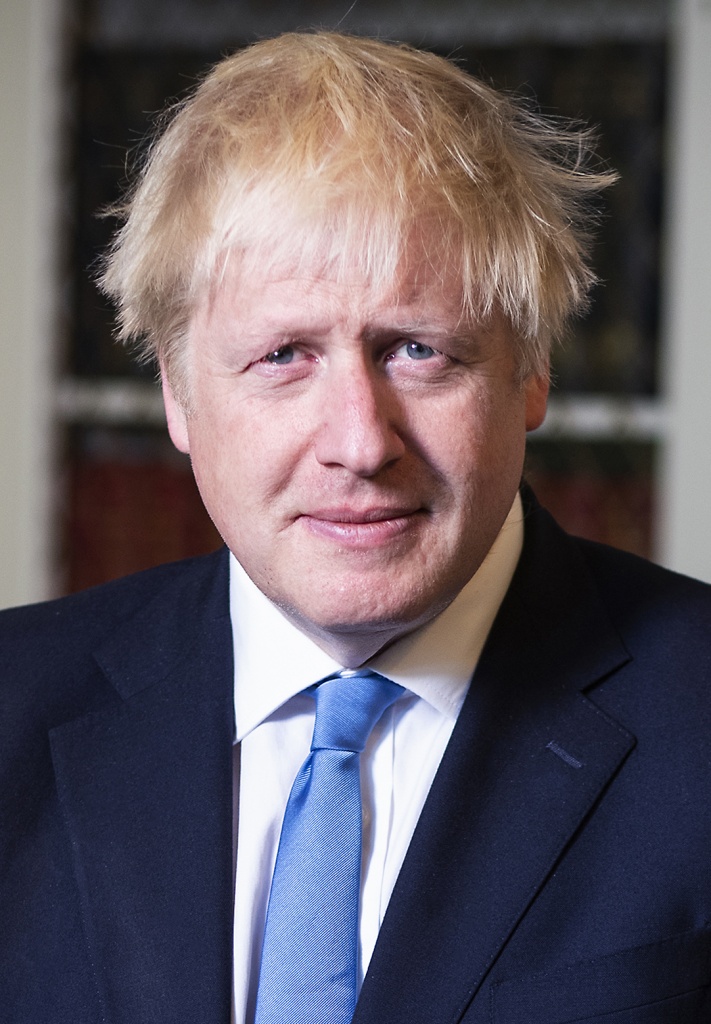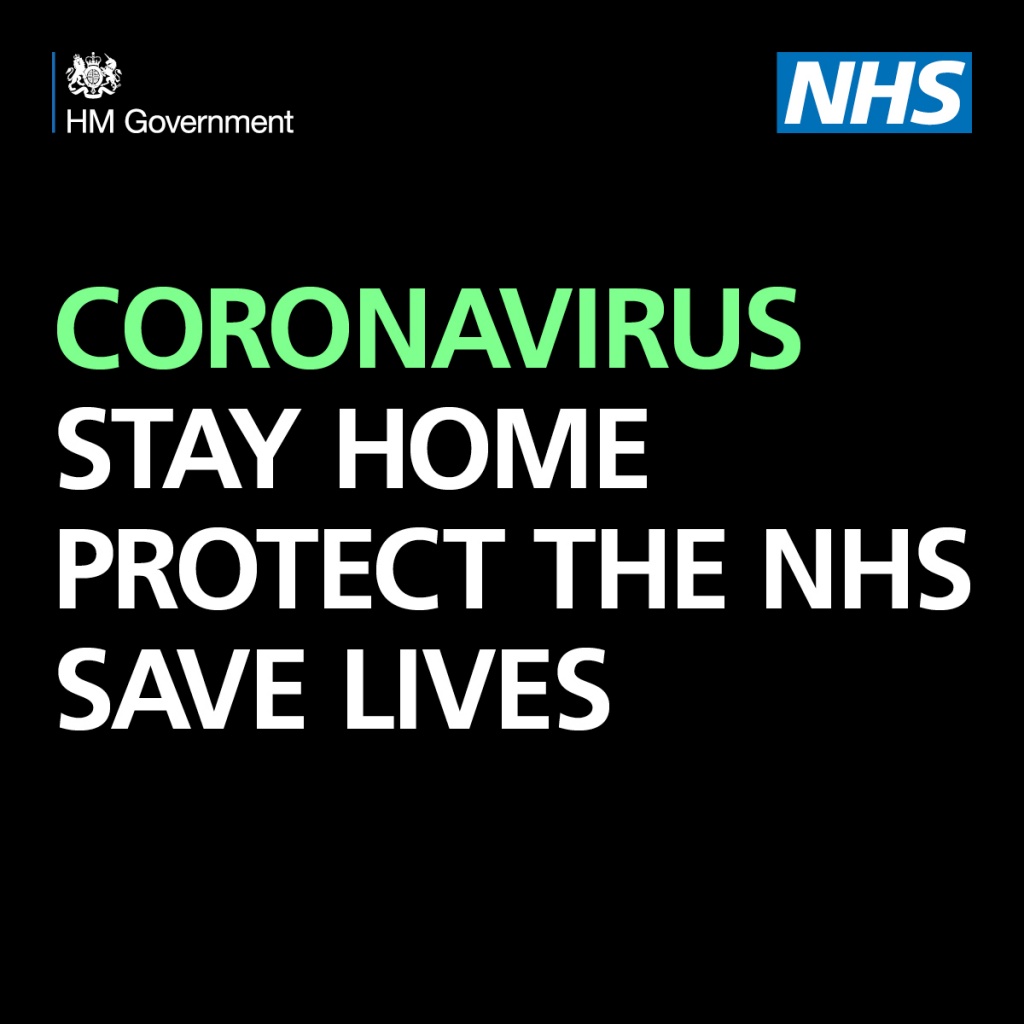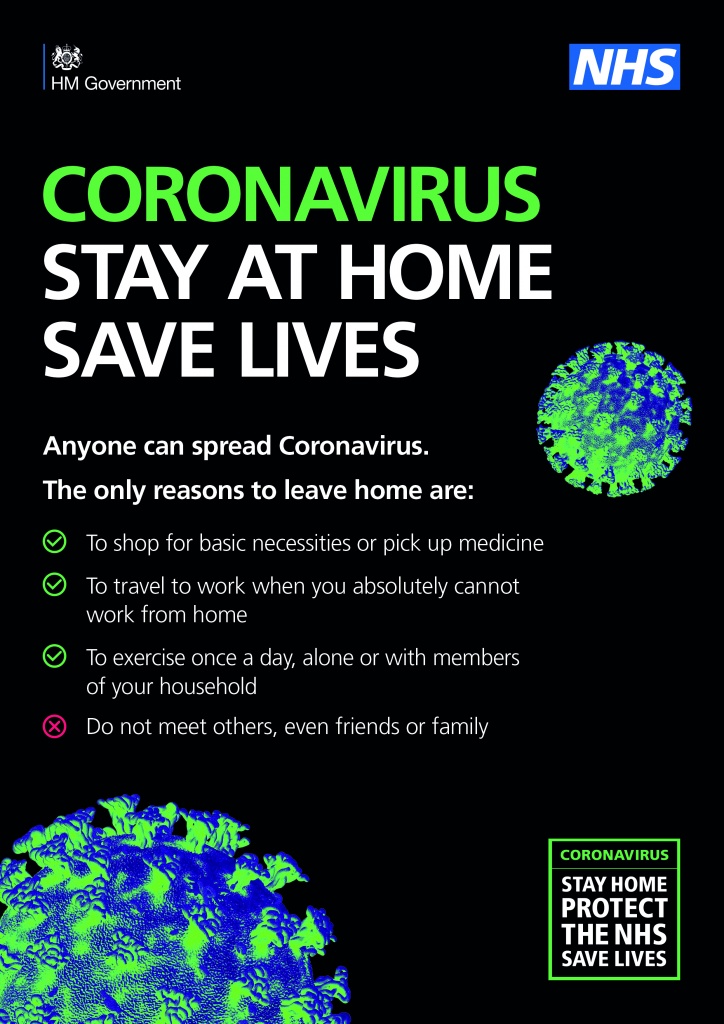
The Prime Minister Boris Johnson has been admitted in hospital for tests as he continues to have persistent symptoms of coronavirus ten days after testing positive.
The admission, which is on advice of his doctor, is a precautionary step according to a statement from Downing Street his official residence.
Meanwhile, the world’s largest randomised clinical trial of potential coronavirus treatments is well underway in the UK as part of the race to find a treatment.
A number of promising treatments are being tested and, if the science supports it, will be given to NHS patients as quickly as possible.
Definitive results on whether the treatments are safe and effective are expected within months and, if positive, they could potentially benefit hundreds of thousands of people worldwide.
Almost 1,000 patients from 132 different hospitals have been already recruited in just 15 days and thousands more are expected to join the Randomised Evaluation of COVID-19 Therapy (RECOVERY) trial in the coming weeks, making it the largest randomised controlled trial of potential COVID-19 treatments in the world.
Health and Social Care Secretary Matt Hancock said: The coronavirus outbreak is the biggest public health emergency in a generation and we are doing everything we can to fight it on all fronts through our evidence-based action plan.
The UK is leading the way on research in the race to find treatments and we have now launched the largest trial in the world, pooling resources with our world-leading life science sector.
As one of three major trials funded by the government, this marks a major milestone in our battle against coronavirus and offers renewed hope that together we can beat this.
The public still has a crucial role to play by staying at home so we can protect the NHS and save lives.
The trial is testing a number of medicines recommended by an expert panel advising the Chief Medical Officer for England. They include:
- Lopinavir-Ritonavir, commonly used to treat HIV
- Dexamethasone, a type of steroid use in a range of conditions to reduce inflammation
- Hydroxychloroquine, a treatment for malaria

The trial is being conducted in over 130 NHS hospitals across the UK. Adult patients who have been admitted to hospital with COVID-19 are being invited to take part. The trial is specially designed so that as further medicines are identified, these can be added to the study within days.
Chief Medical Officer Professor Chris Whitty said: The UK has world-leading life sciences and research sectors and, because of our joined up healthcare and health research system, we have been able to get hundreds of patients involved in this clinical trial in just 2 weeks.
This marks a significant step in identifying treatments for coronavirus that could benefit patients and underpins our science-backed approach to fighting this virus.
The trial is being coordinated by researchers at the University of Oxford, led by Peter Horby, Professor of Emerging Infectious Diseases and Global Health in the Nuffield Department of Medicine, and Martin Landray, Professor of Medicine and Epidemiology at the Nuffield Department of Population Health.
To ensure that the healthcare system research resource is directed to benefit the national effort, the National Institute for Health Research (NIHR) has put in place a national process to prioritise COVID-19 research. The RECOVERY trial is one of those prioritised.
The study has received £2.1 million from UK Research and Innovation (UKRI) and the Department of Health and Social Care, through the NIHR. It is part of a wider £20 million rapid research response investment by the government to support looking at ways to tackle the coronavirus outbreak.
The move further bolsters the ‘research’ phase in the government’s science-led coronavirus action plan.
It follows decisive action by the UK’s medicines regulator to fast-track clinical trials for potential coronavirus treatments, meaning NHS patients could have faster access if medicines are proven to be effective.
The Medicines and Healthcare products Regulatory Agency (MHRA) has been working hard to put in place procedures to support manufacturers and researchers developing these treatments and approve clinical trial applications in days, rather than weeks. Its experience as a world-renowned regulator means these rapid approvals are based on the latest scientific advice and do not compromise the government’s top priority of maintaining patient safety.
Peter Horby, Professor of Emerging Infectious Diseases and Global Health in the Nuffield Department of Medicine, University of Oxford, said: The RECOVERY trial will provide much-needed evidence on the best care for patients with COVID-19. The more patients that are enrolled, the sooner we will know how best to treat this disease.
We are very grateful to those patients who are participating and to the hospital and research staff who are helping us to find the best treatments.

Kindly follow us on twitter:@AfricanVoice2










